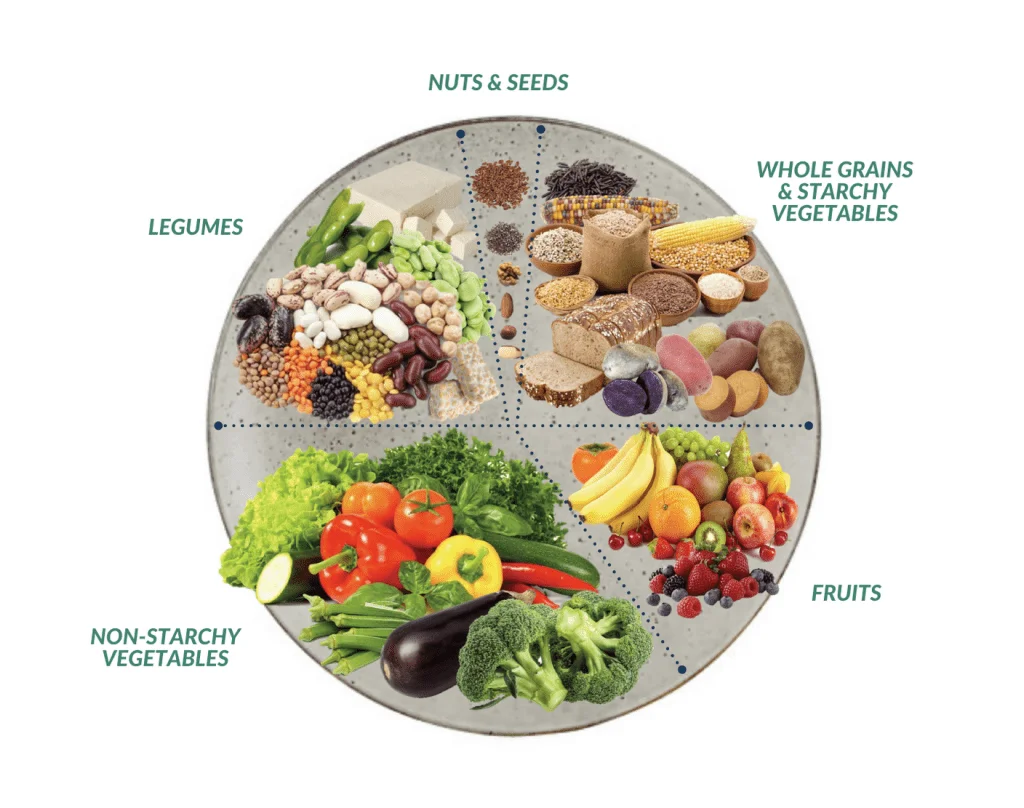Let’s be honest—kidneys don’t get the same love as the heart or brain. But these silent workhorses filter toxins, balance fluids, and regulate blood pressure. And what you eat? It matters. A lot. Plant-based diets are having a moment, but can they actually support kidney health? Here’s the deal—yes, but with some caveats.
How Plant-Based Diets Benefit Kidney Health
Switching to plants isn’t just trendy—it’s backed by science. Here’s why your kidneys might thank you:
1. Lower Acid Load
Animal proteins—think meat, dairy, eggs—create more acid in your blood. Kidneys then work overtime to neutralize it. Plant proteins? They’re gentler. Less acid means less strain.
2. Reduced Inflammation
Chronic inflammation is like a slow burn for kidney tissue. Plants pack antioxidants and fiber—natural fire extinguishers. A 2021 study found that plant-based eaters had 23% lower inflammation markers.
3. Better Blood Pressure Control
High blood pressure is a kidney’s worst enemy. Plants are naturally low in sodium and high in potassium—a combo that keeps arteries relaxed. One meta-analysis showed vegans averaged 6 mmHg lower systolic BP.
4. Slower Kidney Disease Progression
For those with early-stage CKD (chronic kidney disease), plants may hit pause. A 2019 study in the Journal of Renal Nutrition found plant-based diets slowed eGFR decline by 30% compared to omnivorous diets.
Key Nutrients to Watch
Okay, so plants are kidney-friendly—mostly. But there are gaps. Here’s what to monitor:
- Protein: Too little harms, too much stresses kidneys. Aim for 0.6-0.8g per kg of body weight if you have CKD.
- Potassium: Great for blood pressure, risky for late-stage CKD. Dial back bananas, potatoes, and spinach if your doctor advises.
- Phosphorus: Plant-based phosphorus is less absorbable than animal-based, but processed foods (like faux meats) often add it. Check labels.
- Vitamin B12: Not found in plants naturally. Deficiency can mimic kidney disease symptoms—supplement or eat fortified foods.
Plant-Based Diets for Different Kidney Conditions
For Early-Stage CKD
Honestly, this is where plants shine. Focus on:
- Whole grains (quinoa, brown rice)
- Legumes (lentils, chickpeas—soaked to reduce phosphorus)
- Low-oxalate greens (kale over spinach)
For Advanced CKD or Dialysis
Trickier, but doable. You’ll likely need:
- More protein (tofu, tempeh, protein shakes)
- Limited high-potassium fruits (oranges, melons)
- Phosphorus binders if levels spike
Sample Kidney-Friendly Plant-Based Meal Plan
| Meal | Options |
| Breakfast | Oatmeal with blueberries + flaxseeds |
| Lunch | Quinoa salad with cucumber, roasted bell peppers, and olive oil |
| Snack | Apple slices with almond butter (limit to 1 tbsp if watching phosphorus) |
| Dinner | Miso soup with tofu, bok choy, and buckwheat noodles |
Common Myths—Busted
“Plant Proteins Are Incomplete”
Old news. Pairing foods (rice + beans) isn’t even necessary if you eat varied plants throughout the day.
“Soy Harms Kidneys”
Nope. In fact, studies show soy may protect kidney function. Just avoid processed soy products loaded with salt.
The Bottom Line
Plants can be a kidney’s best friend—if you’re mindful. It’s not about perfection, but balance. Maybe start with Meatless Mondays, track your labs, and adjust. Your kidneys? They’re resilient, but they’ll thrive with a little leafy love.


